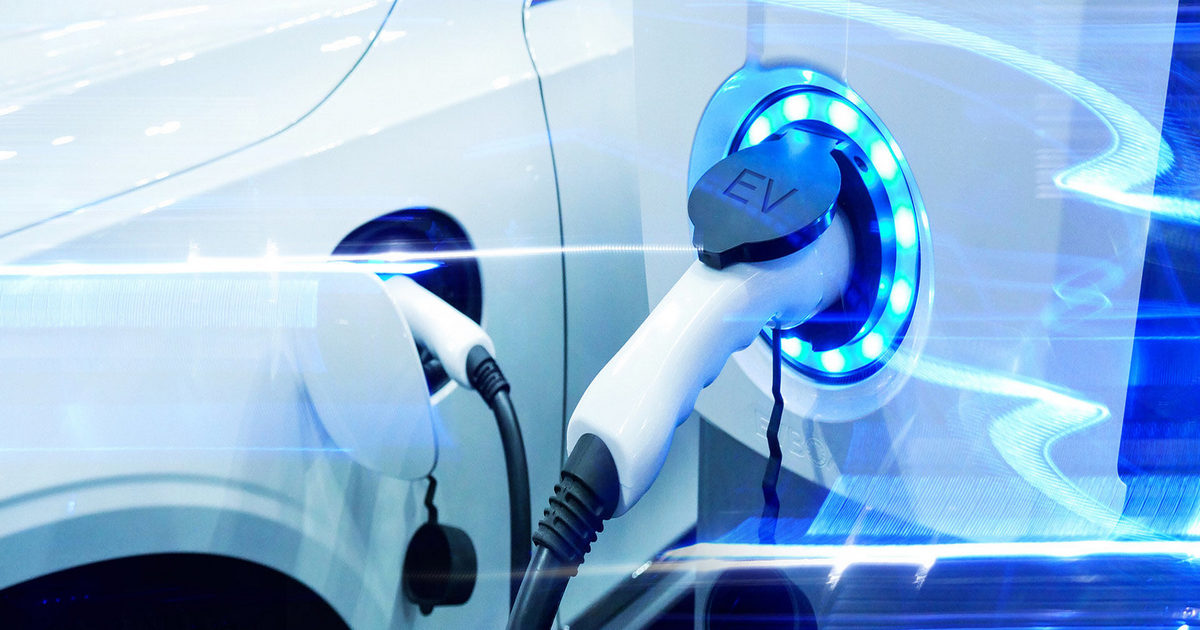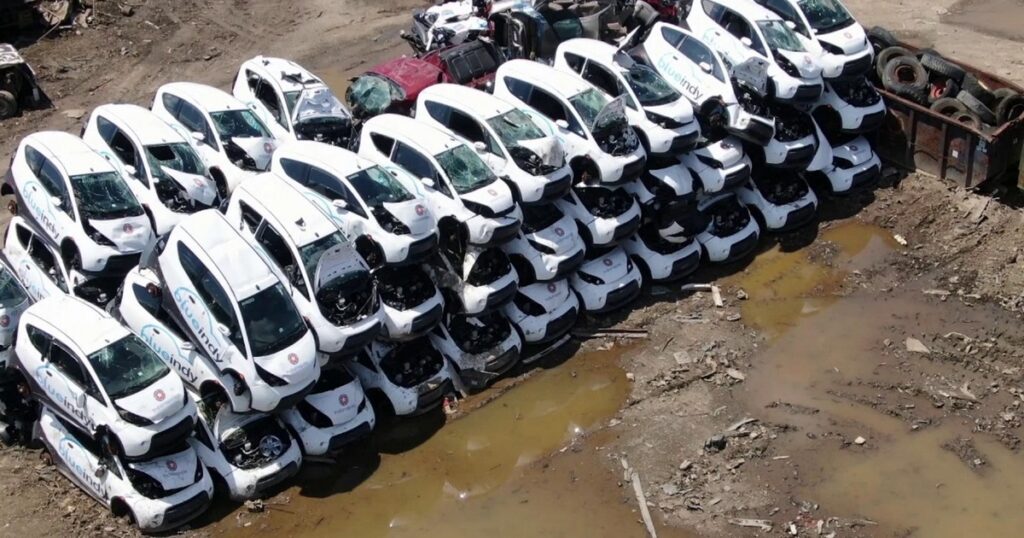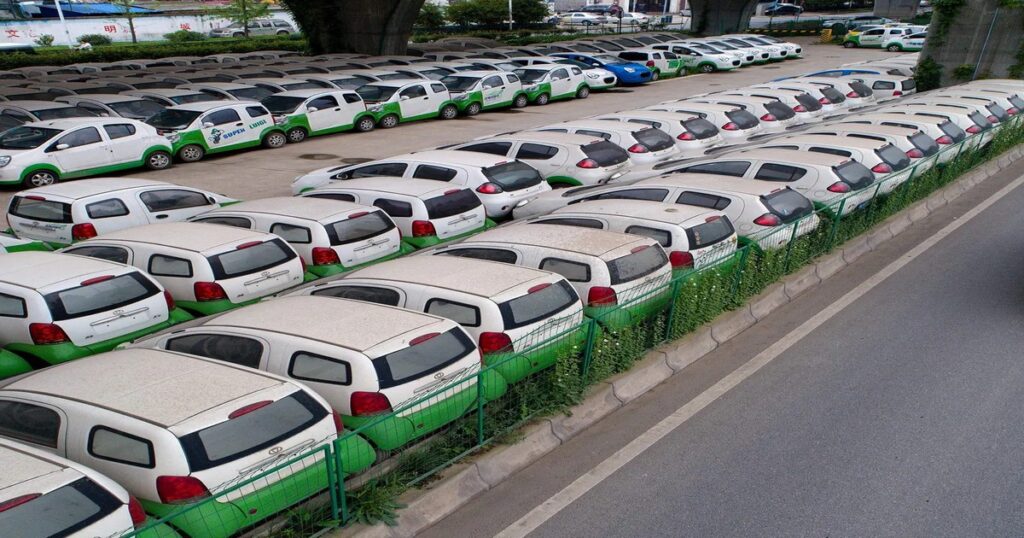
Electric vehicles (EVs) are often touted as a more environmentally friendly alternative to traditional fossil fuel vehicles, due to their lower emissions and potential to reduce reliance on non-renewable resources. However, the production and disposal of EV batteries can have negative impacts on the environment and human health, particularly in developing countries where regulatory frameworks and infrastructure for responsible battery management may be lacking.
The production of EV batteries requires a significant amount of energy and raw materials, including cobalt, lithium, and nickel. These materials are often mined in developing countries, where labour practices and environmental regulations may be less stringent than in developed countries. The mining and processing of these materials can have negative impacts on the environment, including air and water pollution, habitat destruction, and soil degradation.
In addition, the transportation of raw materials and finished batteries to and from manufacturing facilities can also contribute to emissions and environmental impacts. The shipping of batteries to markets in developed countries can result in additional emissions from transportation.
The disposal of EV batteries can also pose a challenge in developing countries. When batteries reach the end of their useful life, they must be recycled in order to extract valuable materials and prevent pollution. However, in developing countries, there may be limited infrastructure and capacity for the safe and effective recycling of EV batteries. As a result, batteries may be improperly disposed of, leading to environmental contamination and potential health risks.
There are steps that can be taken to mitigate the negative impacts of EV battery production and disposal in developing countries. These include implementing and enforcing regulations to ensure responsible mining practices and proper battery disposal, investing in infrastructure for battery recycling, and promoting the development of cleaner production technologies.
Additionally, the demand for EV batteries is likely to increase significantly in the coming years, as the global transition to electric transportation gathers momentum. This will likely lead to an increase in the demand for raw materials, particularly cobalt and lithium, which could put additional pressure on already strained resources and the environment.
It is important to consider the full lifecycle effects of EV batteries, including the environmental and social impacts of their production and disposal, in order to ensure that the transition to electric transportation is truly sustainable. This may require efforts to reduce the demand for certain raw materials, develop more sustainable and responsible mining practices, and invest in cleaner production technologies.
Furthermore, it is important to ensure that the benefits of the transition to electric transportation are shared fairly and that the burden of any negative impacts is not disproportionately borne by communities in developing countries. This may involve efforts to support these communities through measures such as training programs and infrastructure development.
Overall, while EVs offer a promising alternative to traditional fossil fuel vehicles, it is important to carefully consider the potential impacts of their production and disposal, particularly in developing countries, and take steps to ensure that the transition to electric transportation is sustainable and equitable.
In conclusion, while EVs have the potential to reduce emissions and dependence on fossil fuels, the production and disposal of their batteries can have negative impacts on the environment and human health, particularly in developing countries. It is important for governments, industry, and other stakeholders to address these issues and ensure a sustainable future for the EV industry.
BBC Electric car components mined by abused workers – report
SKY News Special report: Revisiting the cobalt-mining boys
Earth.Org Cobalt Mining: The Dark Side of the Renewable Energy Transition
What is the Problem With Electric Car Battery Recycling & What Is Being Done to Solve It?
Views: 4














































